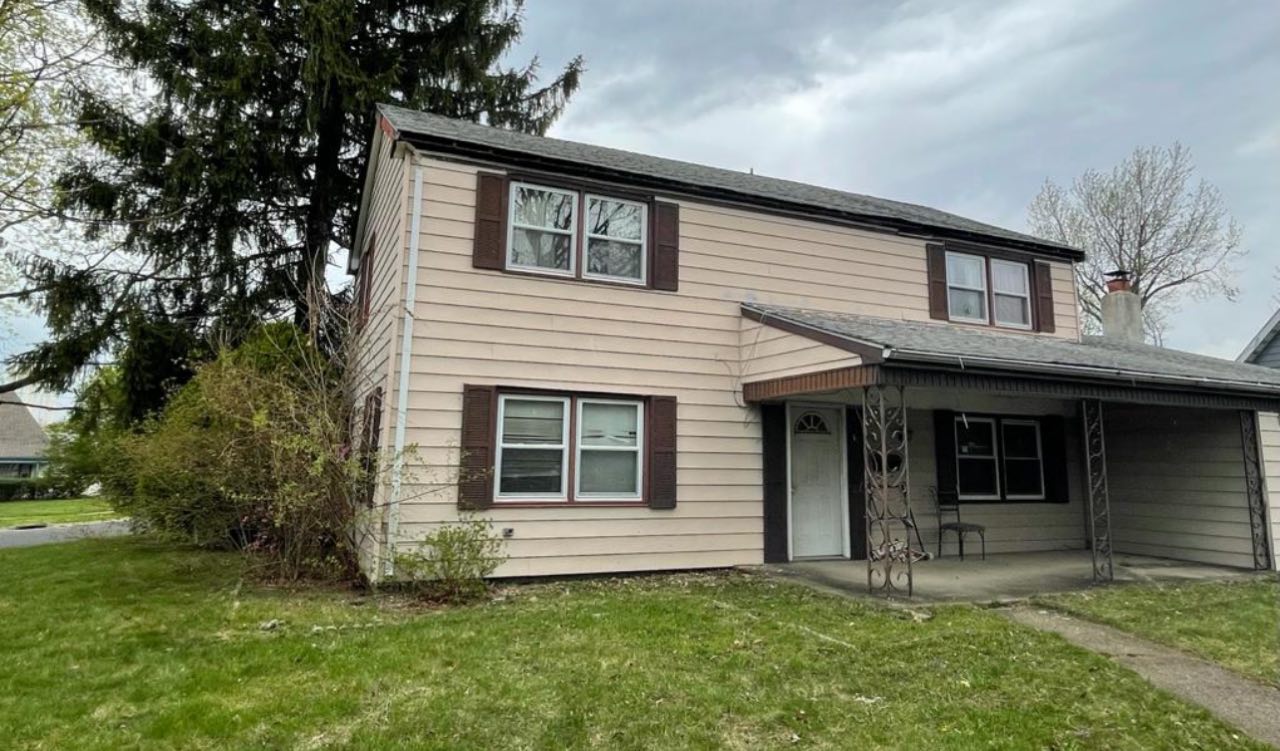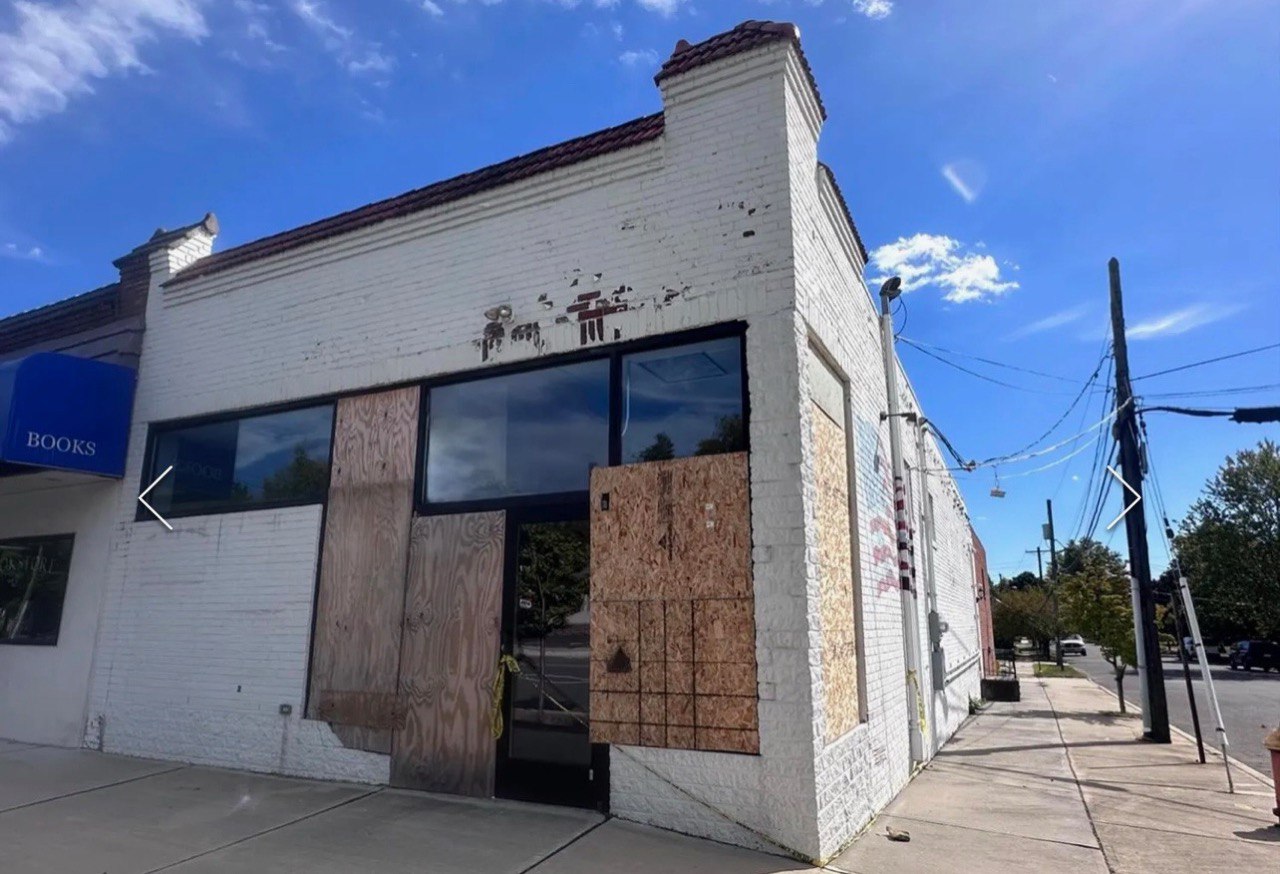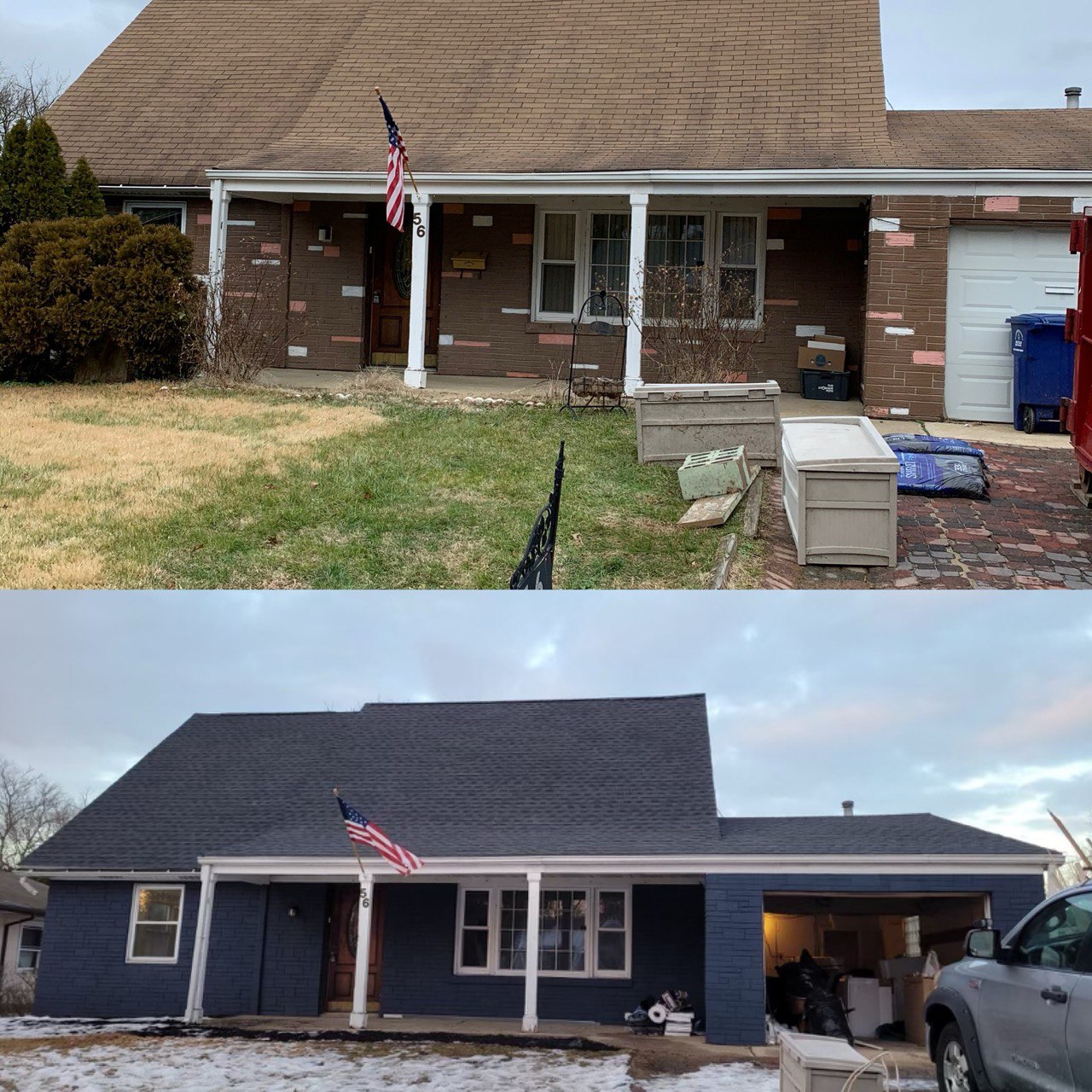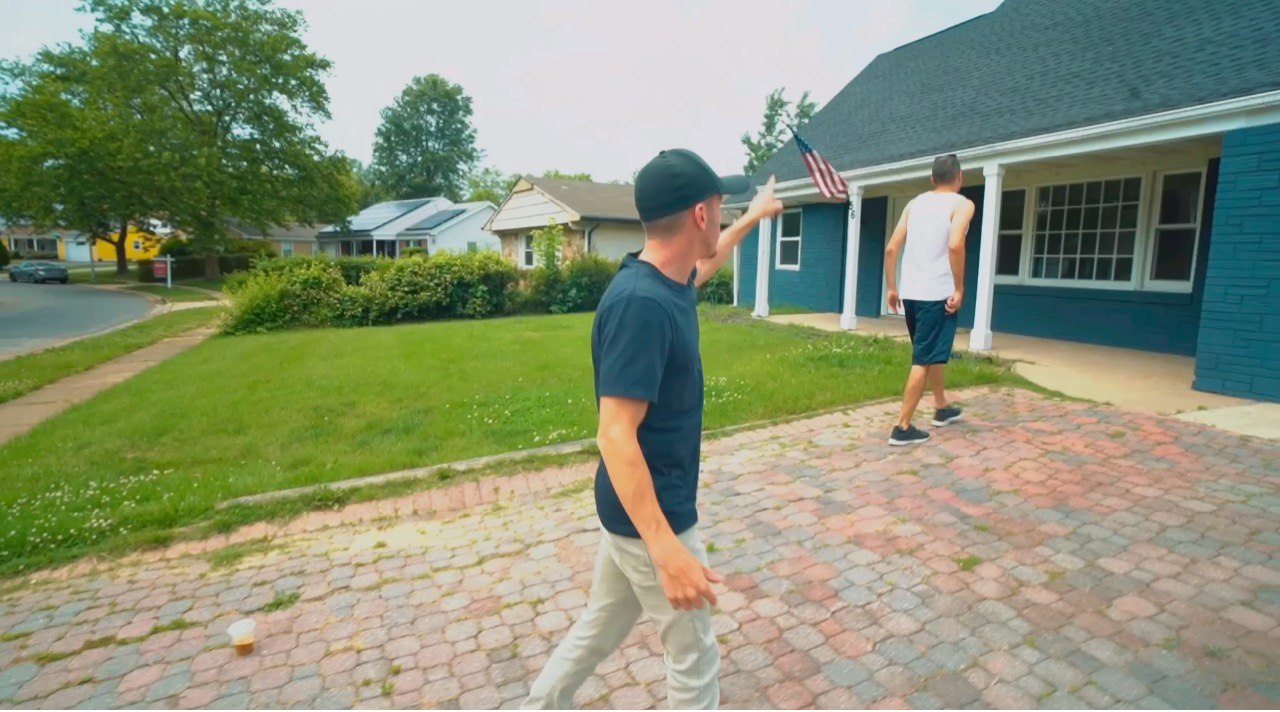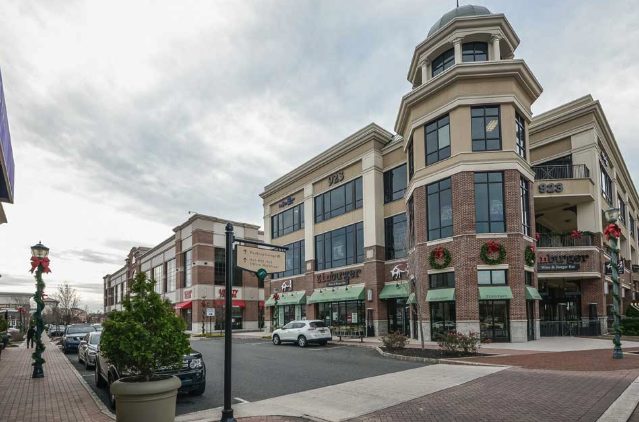Owning rental property can be a goldmine—or a nightmare—depending on where you invest. If you’re thinking about becoming a landlord in New Jersey in 2025, you need to know the real deal about what it takes to own rental property in this state.
As someone who actively flips, sells, and holds property in NJ, I’ve seen both sides. I know landlords who are making a killing, and I know landlords who regret ever buying a rental here.
So, is New Jersey a good place to be a landlord in 2025? Let’s break it down.
The Case for Becoming a Landlord in NJ
If you do it right, owning rental property in New Jersey can be very profitable. Here’s why:
1. High Demand for Rentals Keeps Prices Strong
People love to complain about NJ’s high cost of living, but guess what? They still need a place to live.
✔️ High property taxes don’t stop people from renting—just from buying. This means demand for rentals stays strong, especially for those who can’t afford to buy in expensive towns.
✔️ NYC commuters keep rental demand high. With NYC rents still through the roof, many professionals are choosing North Jersey towns with easy train access over Manhattan.
✔️ College towns bring steady rental income. Princeton, New Brunswick (Rutgers), and Montclair all have built-in demand from students and professors.
I’ve personally seen rents climb 10-15% in some NJ towns over the past two years—and with housing inventory still tight, this trend is likely to continue.
2. Limited New Construction Means Less Competition
In states like Arizona, Texas, or Florida, builders crank out thousands of new rental homes every year. That doesn’t happen in New Jersey.
✔️ Zoning laws in NJ make large-scale developments difficult. Many towns limit multi-family housing, which keeps rental supply low.
✔️ Older housing stock means fewer “turnkey” rentals. A lot of properties need renovations before they’re rental-ready, keeping competition down for move-in-ready units.
✔️ Coastal towns and NYC-adjacent areas are especially supply-restricted. There’s only so much land left to build on, keeping rental properties in demand.
In my experience, it’s much easier to find tenants in NJ compared to high-development states, simply because there’s less inventory.
3. Long-Term Appreciation Makes Renting a Smart Play
New Jersey isn’t a cheap state to buy in, but if you hold property for the long run, appreciation can make it worth it.
✔️ NJ home values continue to rise. Even while other states saw price corrections in 2023-2024, NJ homes kept appreciating.
✔️ Landlords who bought before 2021 are seeing massive gains. If you locked in a mortgage at 3-4%, your rental cash flow is unbeatable compared to new buyers today.
✔️ Multi-family properties are skyrocketing in value. Investors are paying top dollar for well-located two- to four-family homes because they produce solid rental income.
So if you buy in the right area, you’re not just making money from rent—you’re making money from property appreciation too.
The Downsides of Being a Landlord in NJ
That said, not everything about being a landlord in NJ is great. Here’s what you need to watch out for:
1. Tenant-Friendly Laws Can Make Evictions a Nightmare
New Jersey is one of the most tenant-friendly states in the country. If you get the wrong tenant, you could be dealing with months of legal headaches.
✔️ Evictions take forever. Unlike in landlord-friendly states like Texas or Florida, evicting a tenant in NJ can take six months or more.
✔️ Rent control exists in many towns. Some cities—like Newark, Jersey City, and Paterson—have strict rent control laws that limit how much you can raise rent each year.
✔️ Security deposit laws favor tenants. NJ limits security deposits to just 1.5x the monthly rent, which isn’t always enough to cover damages.
I know landlords who got stuck with non-paying tenants for nearly a year because the court system is slow. If you’re not vetting tenants carefully, this can be a huge risk.
2. Property Taxes Eat Into Profits
New Jersey has the highest property taxes in the nation—and that kills cash flow for landlords who don’t plan properly.
✔️ Expect to pay 2% or more of your property’s value every year. That’s double or triple what landlords pay in low-tax states.
✔️ Some towns are worse than others. If you’re investing, do your homework—a property in one town could cost thousands more per year in taxes than a similar home just a few miles away.
✔️ Multi-family properties are taxed higher than single-family homes. If you’re buying a triplex or fourplex, expect higher assessments.
If you don’t calculate taxes into your rental income, you could be in for a rude awakening.
3. Insurance Costs Are Rising—Especially Near the Shore
New Jersey landlords are getting hit with higher insurance premiums—especially those near flood zones or hurricane-prone areas.
✔️ Flood insurance is getting expensive. FEMA has been updating flood maps, which means some properties now require costly flood insurance.
✔️ Hurricane risks are real. NJ isn’t Florida, but major storms still hit—and that means insurance rates are climbing for landlords.
✔️ Older buildings = higher premiums. If you buy a pre-1950s home (which is most of NJ), expect higher repair and replacement costs factored into your policy.
I know landlords who saw their insurance premiums double in the past year. If you’re investing near the Shore, this is something to budget for.
Should You Invest in NJ Rental Property in 2025?
So, should you become a landlord in NJ? Here’s my take:
✔️ If you buy in a strong rental market with high demand, you can make great long-term profits.
✔️ If you’re patient and screen tenants carefully, NJ real estate is a stable, appreciating asset.
❌ If you can’t handle long eviction timelines or strict regulations, NJ might not be the best place to own rentals.
❌ If you don’t factor in high property taxes and insurance, you could be in for a cash flow disaster.
Final Verdict:
If you’re willing to do the research, pick the right location, and play the long game, being a landlord in NJ can be very profitable. But if you expect easy cash flow and zero headaches, this isn’t the place to be.
Looking to buy or sell a rental property in NJ? At Savannah Properties, we work with landlords every day—whether you’re looking to offload a problem property or buy a cash-flowing rental.
Contact us today to discuss your NJ real estate goals.


